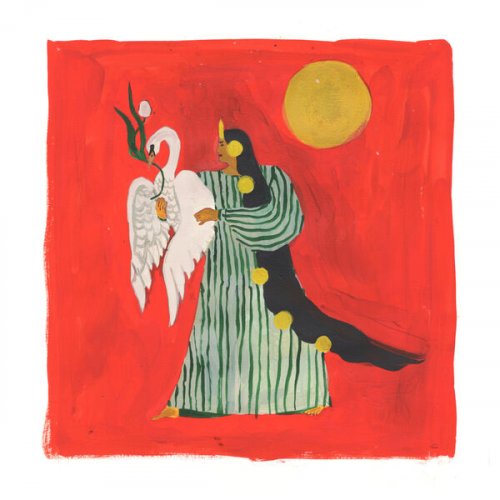R.E.M. - Out Of Time (25th Anniversary Edition) (2016) [Hi-Res]
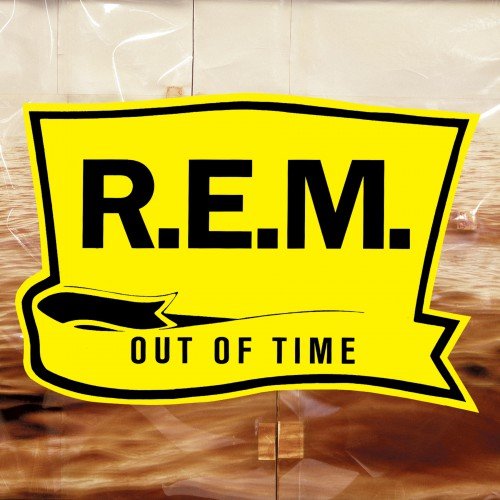
Artist: R.E.M.
Title: Out Of Time (25th Anniversary Edition)
Year Of Release: 1991 / 2016
Label: Concord Records
Genre: Rock
Quality: FLAC (tracks) [24 Bit/88.2 kHz]
Total Time: 01:58:35
Total Size: 2.47 GB
WebSite: Album Preview
Tracklist:Title: Out Of Time (25th Anniversary Edition)
Year Of Release: 1991 / 2016
Label: Concord Records
Genre: Rock
Quality: FLAC (tracks) [24 Bit/88.2 kHz]
Total Time: 01:58:35
Total Size: 2.47 GB
WebSite: Album Preview
CD 1
01. Radio Song (4:15)
02. Losing My Religion (4:28)
03. Low (4:56)
04. Near Wild Heaven (3:19)
05. Endgame (3:50)
06. Shiny Happy People (3:46)
07. Belong (4:07)
08. Half A World Away (3:28)
09. Texarkana (3:40)
10. Country Feedback (4:09)
11. Me In Honey (4:08)
CD 2
01. Losing My Religion 1 (Demo) (4:00)
02. Near Wild Heaven 1 (Demo) (4:05)
03. Shiny Happy People 1 (Demo) (3:14)
04. Texarkana 1 (Demo) (3:47)
05. Untitled Demo 2 (3:31)
06. Radio - Acoustic (Radio Song 1) (Demo) (4:13)
07. Near Wild Heaven 2 (Demo) (3:37)
08. Shiny Happy People 2 (Demo) (3:55)
09. Slow Sad Rocker (Endgame) (Demo) (4:30)
10. Radio - Band (Radio Song 3) (Demo) (4:22)
11. Losing My Religion 2 (Demo) (4:34)
12. Belong (Demo) (4:16)
13. Blackbirds (Half A World Away) (Demo) (3:25)
14. Texarkana (Demo) (4:03)
15. Country Feedback (Demo) (4:09)
16. Me On Keyboard (Me In Honey) (Demo) (3:43)
17. Low (Demo) (4:52)
18. 40 Sec (40 Second Song) (Demo) (1:22)
19. Fretless 1 (Demo) (4:51)
A quarter of a century after ‘Out Of Time’ helped break alternative music into the American mainstream and turned R.E.M. into a worldwide phenomenon, the band have announced a special 25th Anniversary Edition.
After putting Athens, GA, on the musical map in the early '80s, R.E.M. went on to become one of the world's biggest bands. Fusing folk, garage rock, pop sensibilities, and insightful lyrics delivered with Michael Stipe's inimitable lead vocals, these alt-rock forefathers built a massive indie following, and in 1988 unleashed their major-label debut, Warner Bros. Green. This roots rock tour de force was followed in '91 by the Grammy-winning #1 blockbuster Out of Time, which led to an ongoing stream of masterpieces.
"Yes, it's a departure, but no, it's not so radical a departure that it is unrecognizable as R.E.M. Out of Time moves this unconventional band another step forward; a discernible connection to past records remains, but it is not constricting. The point is that R.E.M. has done it again: defied and fulfilled the conflicting expectation of a broad, mainstream audience and a smaller, more demanding — and possessive — cult. This may well be America's best rock & roll band, as this magazine's cover once proclaimed, but the group would probably wave off that honorific. Surely, however, R.E.M. is America's most resourceful rock & roll band.
R.E.M.'s greatest resource is its four members — not their musicianship, in technical terms, so much as the ideas and personalities that they express through their music — and they've remained unerringly true to their instincts. Such fidelity is difficult to maintain amid critical acclaim and climbing sales figures, which you'd expect might lead them self-consciously to break with or replicate a successful formula. But R.E.M., unpredictable and self-invented, has always operated more on intuition than formulas. This band does not carry a map, and not knowing what lies around the next curve is part of the fascination and fun of following R.E.M.
Musically, Out of Time is R.E.M.'s most baroque album; it breaks out of the guitar-bass-drums-voice format to make room for everything from harpsichord and strings, on "Half a World Away," to funky, Jimmy Smith-style organ and a cameo rap by KRS-One of Boogie Down Productions, on "Radio Song." The songs are enriched, not cluttered, by these embellishments. Kate Pierson of the B-52's sings on three numbers, shining on the roistering folk-country duet "Me in Honey," and Peter Holsapple, the former dB's leader who accompanied the band on its last tour, lends a hand here and there on guitar and bass.
All of this indicates that R.E.M. is no longer a closed circle, and the outreach allows the group to broaden its scope without diluting its essential character. As on Document and Green, the band and Scott Litt share the production credit on Out of Time, and despite the added flourishes the album is certainly not overproduced. There's no superficial glazing, and the raw, unvarnished content of the songs cuts through. The strings convey emotion, whether they are as sepulchral as doomsday ("Low") or as lithe as springtime ("Near Wild Heaven"). Even when instruments are layered upon one another, as in the subtle swell of strings, guitars and mandolins on the existentially despondent "Losing My Religion," they make a point. That point is "Life gets bigger," and R.E.M. deals with life's billowing complexities throughout Out of Time.
The band members, especially bassist Mike Mills, move outside of their prescribed roles to experiment a little. Mills, for instance, pumps up the jam on "Radio Song," ripping into its prickly innards on organ, while guitarist Peter Buck creates sparks with his serrated "Fame"-style attack and drummer Bill Berry syncopates like an honorary Funkadelic. Mills's organ also sets the funereal mood of "Low," on which Berry can be heard tapping congas, and Buck's stinging sustain drenches "Country Feedback" in plaintive, rippling waves of sound.
As the instrumentalists open themselves up, singer Michael Stipe bares his soul. He's long since stopped concealing his identity in an artful murmur, of course, but the extent to which, on Out of Time, he unburdens himself of doubt, disappointment and bile — and suggest maybe just a faint ray of cock-eyed hope — is nothing short of revelatory. Except for "Endgame" and a strange, fable-like ramble entitled "Belong," all of the album is sung in the first person. Every song has an "I," "me," "my" or "mine" in it, and there's often a "you" as well. Even "Radio Song," an in-your-face number that makes an objective statement about the world outside the self, springs from a subjective reaction: "I tried to sing along, but damn that radio's song!" Most of the time, Stipe waxes downbeat, sounding "low low low" and outcast. He sings, "This could be the saddest dusk I've ever seen," on "Half a World Away," and "It's all the same, the same, a shame, for me," on "Me in Honey." Technically, he has never sounded better, singing with surety, power and control. He dissects interpersonal relationships with a resigned sense of inevitability, filling songs with concrete details and unsparing analysis: "It's crazy what you could have had/I mean it, I need this," he sings with mounting emotion in "Country Feedback." The effect is arresting; his verisimilitude can't be denied, because his voice insists on it.
In contrast, there's the heavenly pop chorale of "Near Wild Heaven" (recalling nothing quite so much as "Good Vibration"-era Beach Boys) and the breezy, evocative "Endgame," the former largely sung by Mills and the latter mostly played by Buck. Stipe himself gets joyful, or appears to, on "Shiny Happy People," which commences with a sprightly waltz figure, then is yoked by a spunky riff from Buck before Stipe chimes in: "Meet me in the crowd/ People, people/Throw your love around/ Love me, love me/ Take it into town/Happy, happy/Put it in the ground where the flowers grow." These are either the most absurdly sunny or bitingly cynical lyrics he's ever written, and your guess is as good as mine or maybe even Stipe's. More characteristic of "Out of Time " is "Half a World Away," in which urgent, minor-key music is married to doleful words as the singer steels himself "to go it alone and hold it alone, haul it along and hold it."
The songs on Out of Time are seemingly small scale in their first-person obsessions, but their meanings spread out to encompass shared feelings of dread, loneliness, anomie and a growing loss of faith. There are no treatises on ecology or foreign policy, no oblique strategies or hidden agendas. There doesn't have to be; all of that is implicit in the atmosphere of entropy, of things falling apart, that's evoked and detailed candidly, with glimmering beauty and unsurpassable sadness, on Out of Time." (Parke Puterbaugh, Rolling Stone Magazine)
After putting Athens, GA, on the musical map in the early '80s, R.E.M. went on to become one of the world's biggest bands. Fusing folk, garage rock, pop sensibilities, and insightful lyrics delivered with Michael Stipe's inimitable lead vocals, these alt-rock forefathers built a massive indie following, and in 1988 unleashed their major-label debut, Warner Bros. Green. This roots rock tour de force was followed in '91 by the Grammy-winning #1 blockbuster Out of Time, which led to an ongoing stream of masterpieces.
"Yes, it's a departure, but no, it's not so radical a departure that it is unrecognizable as R.E.M. Out of Time moves this unconventional band another step forward; a discernible connection to past records remains, but it is not constricting. The point is that R.E.M. has done it again: defied and fulfilled the conflicting expectation of a broad, mainstream audience and a smaller, more demanding — and possessive — cult. This may well be America's best rock & roll band, as this magazine's cover once proclaimed, but the group would probably wave off that honorific. Surely, however, R.E.M. is America's most resourceful rock & roll band.
R.E.M.'s greatest resource is its four members — not their musicianship, in technical terms, so much as the ideas and personalities that they express through their music — and they've remained unerringly true to their instincts. Such fidelity is difficult to maintain amid critical acclaim and climbing sales figures, which you'd expect might lead them self-consciously to break with or replicate a successful formula. But R.E.M., unpredictable and self-invented, has always operated more on intuition than formulas. This band does not carry a map, and not knowing what lies around the next curve is part of the fascination and fun of following R.E.M.
Musically, Out of Time is R.E.M.'s most baroque album; it breaks out of the guitar-bass-drums-voice format to make room for everything from harpsichord and strings, on "Half a World Away," to funky, Jimmy Smith-style organ and a cameo rap by KRS-One of Boogie Down Productions, on "Radio Song." The songs are enriched, not cluttered, by these embellishments. Kate Pierson of the B-52's sings on three numbers, shining on the roistering folk-country duet "Me in Honey," and Peter Holsapple, the former dB's leader who accompanied the band on its last tour, lends a hand here and there on guitar and bass.
All of this indicates that R.E.M. is no longer a closed circle, and the outreach allows the group to broaden its scope without diluting its essential character. As on Document and Green, the band and Scott Litt share the production credit on Out of Time, and despite the added flourishes the album is certainly not overproduced. There's no superficial glazing, and the raw, unvarnished content of the songs cuts through. The strings convey emotion, whether they are as sepulchral as doomsday ("Low") or as lithe as springtime ("Near Wild Heaven"). Even when instruments are layered upon one another, as in the subtle swell of strings, guitars and mandolins on the existentially despondent "Losing My Religion," they make a point. That point is "Life gets bigger," and R.E.M. deals with life's billowing complexities throughout Out of Time.
The band members, especially bassist Mike Mills, move outside of their prescribed roles to experiment a little. Mills, for instance, pumps up the jam on "Radio Song," ripping into its prickly innards on organ, while guitarist Peter Buck creates sparks with his serrated "Fame"-style attack and drummer Bill Berry syncopates like an honorary Funkadelic. Mills's organ also sets the funereal mood of "Low," on which Berry can be heard tapping congas, and Buck's stinging sustain drenches "Country Feedback" in plaintive, rippling waves of sound.
As the instrumentalists open themselves up, singer Michael Stipe bares his soul. He's long since stopped concealing his identity in an artful murmur, of course, but the extent to which, on Out of Time, he unburdens himself of doubt, disappointment and bile — and suggest maybe just a faint ray of cock-eyed hope — is nothing short of revelatory. Except for "Endgame" and a strange, fable-like ramble entitled "Belong," all of the album is sung in the first person. Every song has an "I," "me," "my" or "mine" in it, and there's often a "you" as well. Even "Radio Song," an in-your-face number that makes an objective statement about the world outside the self, springs from a subjective reaction: "I tried to sing along, but damn that radio's song!" Most of the time, Stipe waxes downbeat, sounding "low low low" and outcast. He sings, "This could be the saddest dusk I've ever seen," on "Half a World Away," and "It's all the same, the same, a shame, for me," on "Me in Honey." Technically, he has never sounded better, singing with surety, power and control. He dissects interpersonal relationships with a resigned sense of inevitability, filling songs with concrete details and unsparing analysis: "It's crazy what you could have had/I mean it, I need this," he sings with mounting emotion in "Country Feedback." The effect is arresting; his verisimilitude can't be denied, because his voice insists on it.
In contrast, there's the heavenly pop chorale of "Near Wild Heaven" (recalling nothing quite so much as "Good Vibration"-era Beach Boys) and the breezy, evocative "Endgame," the former largely sung by Mills and the latter mostly played by Buck. Stipe himself gets joyful, or appears to, on "Shiny Happy People," which commences with a sprightly waltz figure, then is yoked by a spunky riff from Buck before Stipe chimes in: "Meet me in the crowd/ People, people/Throw your love around/ Love me, love me/ Take it into town/Happy, happy/Put it in the ground where the flowers grow." These are either the most absurdly sunny or bitingly cynical lyrics he's ever written, and your guess is as good as mine or maybe even Stipe's. More characteristic of "Out of Time " is "Half a World Away," in which urgent, minor-key music is married to doleful words as the singer steels himself "to go it alone and hold it alone, haul it along and hold it."
The songs on Out of Time are seemingly small scale in their first-person obsessions, but their meanings spread out to encompass shared feelings of dread, loneliness, anomie and a growing loss of faith. There are no treatises on ecology or foreign policy, no oblique strategies or hidden agendas. There doesn't have to be; all of that is implicit in the atmosphere of entropy, of things falling apart, that's evoked and detailed candidly, with glimmering beauty and unsurpassable sadness, on Out of Time." (Parke Puterbaugh, Rolling Stone Magazine)
Related Release:
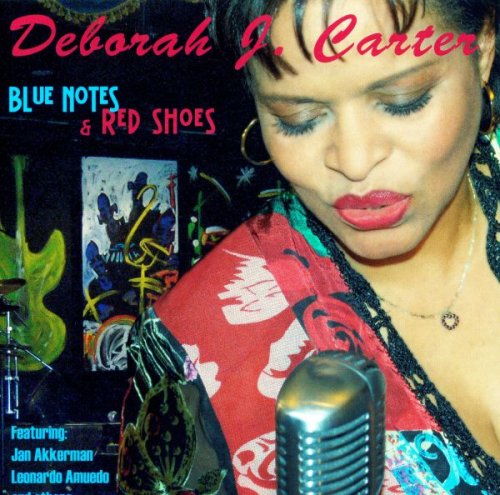

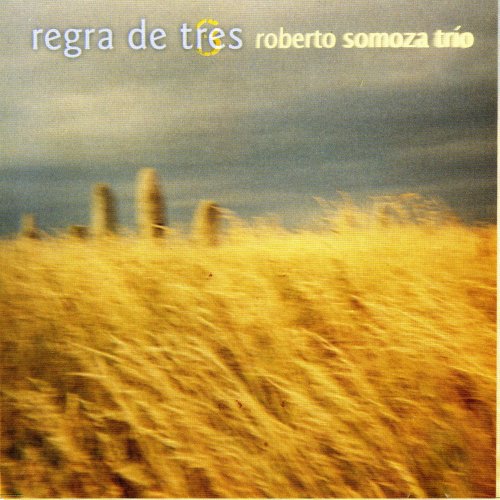
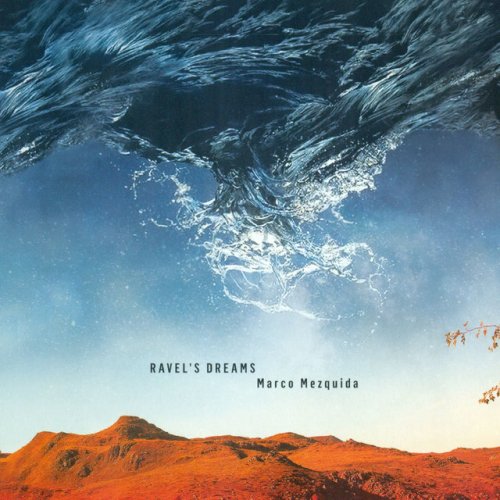
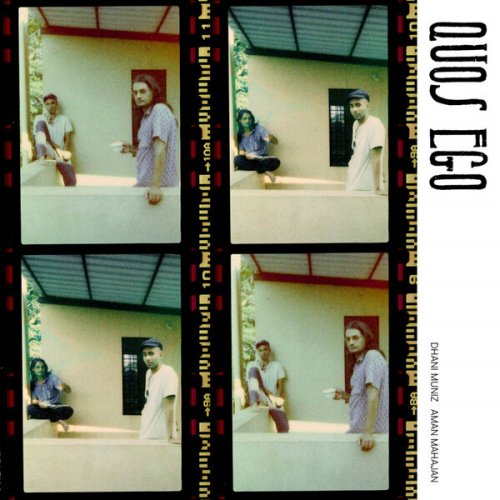
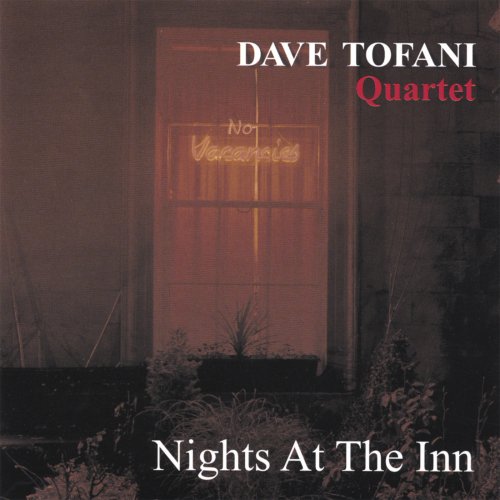
![Tiziano Tononi, Daniele Cavallanti & Nexus - Open Mouth Blues (Remastered) (2026) [Hi-Res] Tiziano Tononi, Daniele Cavallanti & Nexus - Open Mouth Blues (Remastered) (2026) [Hi-Res]](https://www.dibpic.com/uploads/posts/2026-02/1771515311_cover.jpg)

